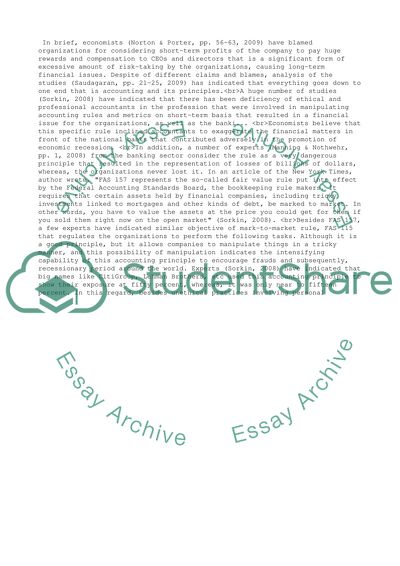Cite this document
(“Contemporary issues in accounting and finance Case Study”, n.d.)
Contemporary issues in accounting and finance Case Study. Retrieved from https://studentshare.org/business/1533148-contemporary-issues-in-accounting-and-finance
Contemporary issues in accounting and finance Case Study. Retrieved from https://studentshare.org/business/1533148-contemporary-issues-in-accounting-and-finance
(Contemporary Issues in Accounting and Finance Case Study)
Contemporary Issues in Accounting and Finance Case Study. https://studentshare.org/business/1533148-contemporary-issues-in-accounting-and-finance.
Contemporary Issues in Accounting and Finance Case Study. https://studentshare.org/business/1533148-contemporary-issues-in-accounting-and-finance.
“Contemporary Issues in Accounting and Finance Case Study”, n.d. https://studentshare.org/business/1533148-contemporary-issues-in-accounting-and-finance.


